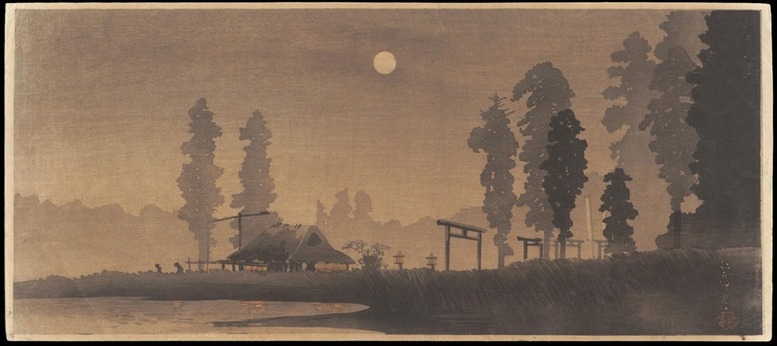
Roger Scruton:
‘I agree there is a paucity of conservative thought. It is partly the effect of the dominance of the left. If you come out as a conservative in a university context, you will find yourself very much on the margins. But my main explanation of this is that conservative thought is difficult. It doesn’t consist of providing fashionable slogans or messages of hope and marching into the future with clenched fists and all the things that automatically get a following. It consists in careful, sceptical rumination on the near-impossibility of human existence in the first place.’
In Fools, Frauds and Firebrands Scruton attacks the left idea of thought for a cause, ‘politics with a GOAL’. By contrast, he tells me, ‘Conservatives are by their nature people who are trying to defend and maintain existence without a cause’. Simply to keep things as they are? ‘We obviously all want to change things, but recognising that human life is an end in itself and not a means to replace itself with something else. And defending institutions and compromises is a very difficult and unexciting thing. But nevertheless it’s the truth.’
. . .
‘My view’, says Scruton, ‘is that what’s underlying all of this is a kind of nihilistic vision that masks itself as a moving toward the enlightened future, but never pauses to describe what that society will be like. It simply loses itself in negatives about the existing things – institutional relations like marriage, for instance – but never asks itself if those existing things are actually part of what human beings are. Always in Zizek there’s an assumption of the right to dismiss them as standing in the way of something else, but that something else turns out to be Nothing.’
We agree to disagree about his suggestion of there being a dreadful left continuum from the French revolution to today (me being not only a fan of past revolutions but an old historical materialist who believes in seeing things in their specific contexts). However, his book does acknowledge that something important has changed about leftwing thinking: ‘Liberation and social justice have been bureaucratised.’
‘Whatever we think about the revolutions’, he says, ‘the original slogan of the French Revolution – liberté, égalité, fraternité – was just a slogan, and nobody troubled to ask themselves whether liberté and égalité were compatible in practice. Really the subsequent history has been an illustration of that conflict between them.
‘But these great ideals, for which people did fight and die, were changed under the pressure of 20th-century politics into bureaucratic processes, that are constantly equalising, constantly passing little bits of legislation to ensure that anybody is not discriminating, not standing out, not learning something that puts them in a higher category than anybody else. And, likewise, liberté has been bureaucratised in the sense that it doesn’t any more represent the freedom of people to break out, to do the thing that they really want to do. Rather it’s conceived as a form of empowerment – the state gives you this in the form of vouchers or privileges, privileges, for example, that you might have as a gay, or a woman, or an ethnic minority. So in all these ways, both those ideals have ceased to be ideals and become the property of the state, to distribute among people according to the fashion of the day.’










